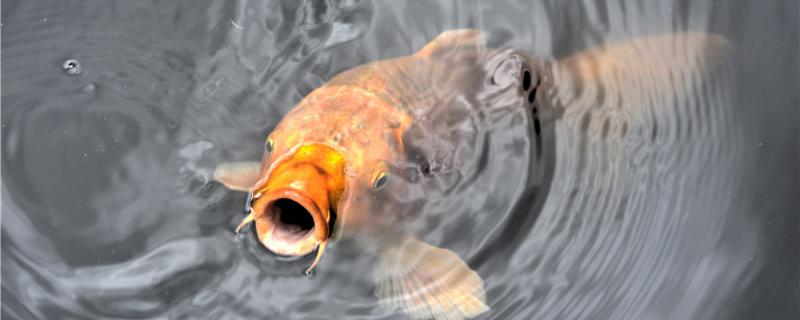
carp does not bite the hook when it enters the nest? Carp is one of the important fish species that can be fished. Making a nest in advance is conducive to catching carp. However, it is also possible that the carp enters the nest but does not eat the hook. At this time, there are many reasons:
1. The bait is not suitable: the carp enters the nest but does not bite the hook. The most likely reason is that the prepared bait is not suitable and cannot satisfy the taste of the carp, so they will not bite the hook. Especially in the case of carp's own activity is not high, if there is no suitable bait, they will not bite.
2. Too much silt: If you are fishing at the bottom of the water, and there is a lot of silt at the bottom of the water, the silt at the bottom of the water will be disturbed when many fish are in trouble. At this time, the carp will not be able to accurately judge the location of the bait, so it will not bite the hook.
3. Insufficient oxygen: In addition, it may also be due to the water itself, such as insufficient oxygen content in the water, which leads to the low activity of carp, and also leads to the situation that they do not bite.
4. The appetite of the carp is not strong: If the appetite of the carp itself is not strong, for example, when they are sick, when they have just eaten something, or when their appetite is reduced due to the low water temperature, the phenomenon of not biting the hook may occur.
of carp entering the nest without biting the hook? The specific reasons for carp entering the nest without biting the hook have been introduced above, and the solutions can be decided according to these reasons. If the bait is not suitable, prepare a more attractive bait. Especially when fishing carp in winter, try to prepare fresh animal bait, so that the attraction is greater. When necessary, it can also be mixed with some small drugs, which will make the taste more attractive.
Moreover, if the carp does not bite the hook when it enters the nest because there is too much silt at the bottom of the water or the appetite of the carp is not strong, it can change the fishing place, and the carp in the new fishing spot may bite the hook. However, if the carp does not bite the hook is caused by insufficient oxygen, although it can be solved by adding oxygen appropriately, sometimes the effect is not particularly good, so the fishing time can be changed directly.